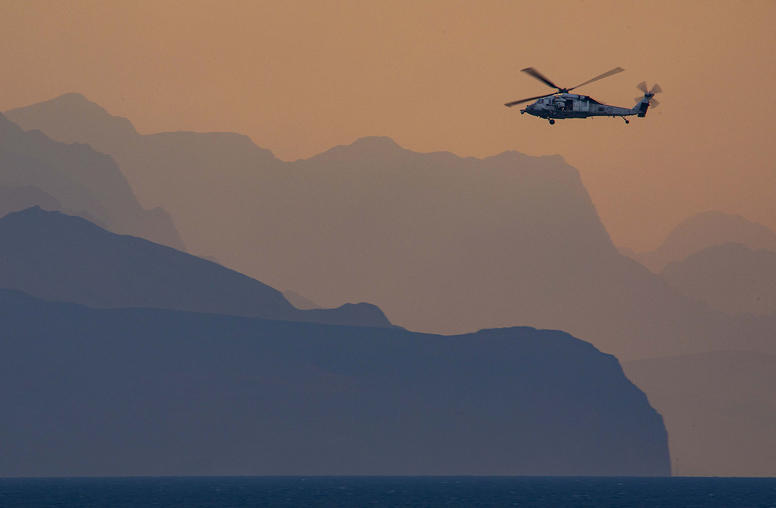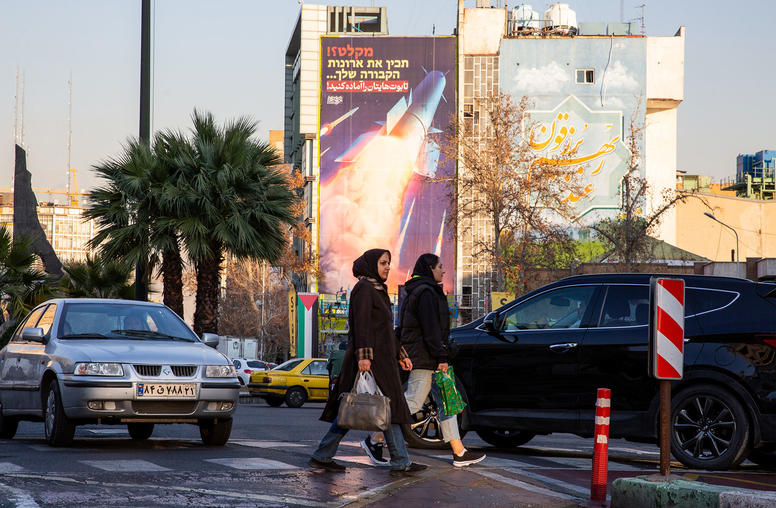The Challenge of Iran
USIP launched “The Iran Primer: Power, Politics and U.S. Policy,” featured Ambassador Dennis Ross, Special Assistant to the President, followed by top experts discussing the internal and external crises facing Iran. "The Iran Primer," a joint product of the U.S. Institute of Peace and the Woodrow Wilson International Center for Scholars, brings together 50 seasoned scholars on Iran from some twenty foreign policy think tanks, eight universities, and six U.S. administrations.
Explore Further
- Read more about The Iran Primer.
Speakers
-
Ambassador Dennis B. Ross, Keynote SpeakerSpecial Assistant to the President and Senior Director for the Central Region, National Security Staff, The White House
-
Karim Sadjadpour on politicsAssociate, Middle East Program, Carnegie Endowment for International Peace
-
Suzanne Maloney on the economySenior Fellow, Saban Center for Middle East Policy, Brookings Institution
-
Alireza Nader on the Revolutionary GuardsInternational Policy Analyst, RAND Corporation
-
David Albright on the nuclear programPresident, Institute for Science and International Security
-
Robin Wright, ModeratorSenior Fellow, U.S. Institute of Peace and Woodrow Wilson International Center for Scholars
-
James Dobbins on engagementDirector, International Security and Defense Policy Center, RAND Corporation
-
Kenneth Pollack on containmentDirector, Saban Center for Middle East Policy, Brookings Institution
-
Patrick Clawson on sanctionsDeputy Director of Research, The Washington Institute of Near East Policy
-
Dov Zakheim on the military optionSenior Advisor, Center for Strategic and International Studies
-
Ellen Laipson, ModeratorPresident and CEO, The Stimson Center
Explore Further
- Read the remarks of Amb. Dennis Ross from the event "The Challenge of Iran"
- Learn more about this event
- Learn more about "The Iran Primer: Power, Politics and U.S. Policy"
- Questions and Answers with Robin Wright, editor
- Listen to the primer's authors on The Diane Rehm Show
- Learn more about USIP's work on Iran



